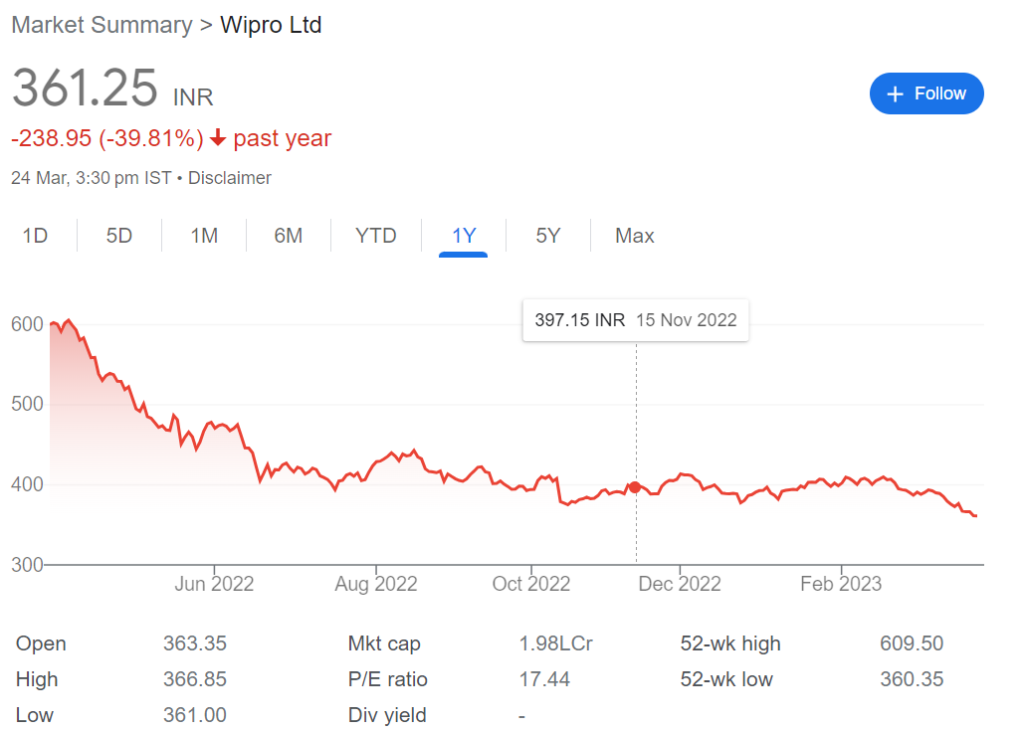Introduction
In the ever-evolving landscape of modern business, the roles of key personnel are critical for organizational success. Two integral positions that often spark debates in boardrooms and discussions among professionals are the Customer Success Manager (CSM) and Project Manager (PM). In this comprehensive exploration, we aim to unravel the layers of these roles, examining their unique contributions and addressing the question on everyone’s mind: “Is Customer Success Manager better than Project Manager?”
Understanding Customer Success Manager (CSM): The Essence of Customer Success Management
Customer Success Managers (CSMs) serve as the linchpin between a company and its clientele, embodying a customer-centric approach. Their primary goal is to ensure customer satisfaction, nurture lasting relationships, and drive continuous value from the products or services provided.
The Role of a Customer Success Manager
A Customer Success Manager wears multiple hats, acting as a bridge that spans across various departments within an organization. They are the voice of the customer, championing their needs, and ensuring a seamless experience throughout their journey with the product or service.
Metrics of Success for CSMs
For CSMs, success is often quantified in customer satisfaction metrics, retention rates, and the identification of opportunities for upselling or cross-selling within the existing customer base. This customer-focused metric landscape distinguishes CSMs from other roles within an organization.
Understanding Project Manager (PM):Decoding the Project Manager’s Role
Project Managers (PMs) play a crucial role in the successful execution of projects within an organization or a startup. They are akin to captains steering the ship, ensuring that projects are completed on time, within budget, and in adherence to predefined objectives. To answer our topic “is customer success manager better than project manager” we need to study PM in detail
The Multifaceted Role of a Project Manager
Project Managers are adept at juggling various responsibilities, including team coordination, resource management, risk assessment, and problem-solving. Their proactive approach involves meticulous planning to anticipate and navigate potential roadblocks that may arise during the project lifecycle.
Metrics of Success for PMs
Project success for PMs is measured through a different lens, particularly when considering, is customer success manager better than project manager. PMs focus on factors such as timely completion, adherence to budget constraints, and the achievement of project objectives. These tangible outcomes set the stage for evaluating the efficacy of a Project Manager’s performance. This distinction emphasizes the unique responsibilities and success criteria that define the role of a Project Manager within an organization.
Comparing Customer Success Manager and Project Manager: The Clash or Convergence?
A Closer Look at Priorities
When comparing CSMs and PMs, a fundamental difference lies in their core priorities. Customer Success Managers are inherently focused on building and maintaining lasting customer relationships, ensuring satisfaction over the long term. Project Managers, on the other hand, are dedicated to achieving short-term project goals within specified parameters.
Approaches to Problem-solving
CSMs typically take a reactive approach, addressing customer concerns and providing support as needed. This reactive stance allows them to adapt to the evolving needs of the customer base. However, when considering the question of “is Customer Success Manager better than Project Manager,” it’s crucial to note that Project Managers adopt a proactive stance. They actively identify and mitigate potential challenges before they impede project progress, showcasing the proactive nature that distinguishes them in the project management realm.
Timeframes and Relationships
Customer Success Managers operate on a perpetual timeline, building enduring relationships with customers over an extended period. In contrast, Project Managers thrive on the short-term nature of projects, moving from one project to the next once objectives are achieved.
Unveiling Success through Integration :Is Customer Success Manager Better Than Project Manager?
Rather than pitting Customer Success Managers against Project Managers, organizations can strategically leverage the strengths of both roles to achieve unparalleled success. Integration of these roles ensures a harmonious balance, where the long-term relationship-building skills of CSMs complement the project-driven focus of PMs. This collaborative approach addresses the question of “is Customer Success Manager better than Project Manager,” emphasizing that both roles play pivotal parts in driving organizational excellence.
The Holistic Business Approach
A holistic business approach involves recognizing that both CSMs and PMs are indispensable in the grand scheme of organizational success. While Customer Success Managers lay the groundwork for sustained customer satisfaction and loyalty, Project Managers ensure efficient and effective project delivery.
Conclusion
In the dynamic landscape of business management, the roles of Customer Success Managers (CSMs) and Project Managers (PMs) play pivotal roles. Let’s delve into their distinct responsibilities and why both are essential for organizational success. Here’s the conclusion to “is customer success manager better than project manager”.
Goals and Objectives
- CSMs: Their primary objective is to foster strong client relationships, aiming for strategic business growth. CSMs work closely with existing customers, ensuring they meet their goals daily. Success metrics are often tied to customer outcomes.
- PMs: PMs focus on project implementation, ensuring information systems are seamlessly integrated into the business environment. Their goal is to achieve upsells, renewals, and cross-sells. PMs often have sales quotas to meet.
Longevity of Time
- CSMs: CSMs maintain long-term relationships with clients throughout the customer journey.
- PMs: PMs are typically involved on a short-term basis during project execution.
Managerial Aspects
- CSMs: They champion customer needs, build trust, and promote loyalty.
- PMs: PMs organize project teams, plan resources, track progress, and manage budgets.
Training and Development
- CSMs: Augment customer training and ensure clients maximize product benefits.
- PMs: Focus on technical aspects, risk management, and timely project completion.
5. Approachability
- CSMs: CSMs are accessible and empathetic, providing personalized support.
- PMs: PMs prioritize project milestones and adherence to schedules.
In summary, while addressing the question of “is Customer Success Manager better than Project Manager,” it’s essential to recognize that CSMs nurture client relationships and drive business growth. Simultaneously, PMs ensure efficient project execution. Both roles are indispensable for organizational success, each contributing unique value. The synergy between Customer Success Managers and Project Managers is pivotal for achieving comprehensive success within a company.
Is a Customer Success Manager the same as a project manager?
A Customer Success Manager (CSM) and a project manager are not the same. A CSM focuses on building customer relationships and satisfaction, while a project manager oversees the planning and execution of projects.
What is the next level of Customer Success Manager?
The next level for a Customer Success Manager could include roles such as Senior Customer Success Manager, Director of Customer Success, or even a VP of Customer Success, depending on the organization’s structure.
Can you make a lot of money as a Customer Success Manager?
Yes, it’s possible to make a substantial income as a Customer Success Manager, especially as you advance in your career. Roles like Senior CSM or Director of Customer Success often come with competitive salaries.
Is Customer Success Manager a good career?
Customer Success Manager can be a fulfilling career, particularly for individuals who enjoy nurturing relationships and ensuring customer satisfaction. It involves a mix of interpersonal skills and strategic thinking.
Can a Customer Success Manager be a project manager?
While distinct roles, a Customer Success Manager can possess project management skills, making them effective in handling customer initiatives. However, being a project manager requires a specific focus on project planning and execution.
Is Customer Success Manager a senior role?
The seniority of a Customer Success Manager can vary. Some organizations have levels like Junior, Mid-level, and Senior CSMs, while others may introduce titles such as Director or VP of Customer Success.
Is Customer Success Manager hard?
The role of a Customer Success Manager can be challenging. It demands a blend of communication skills, problem-solving abilities, and a deep understanding of the product or service they support.














